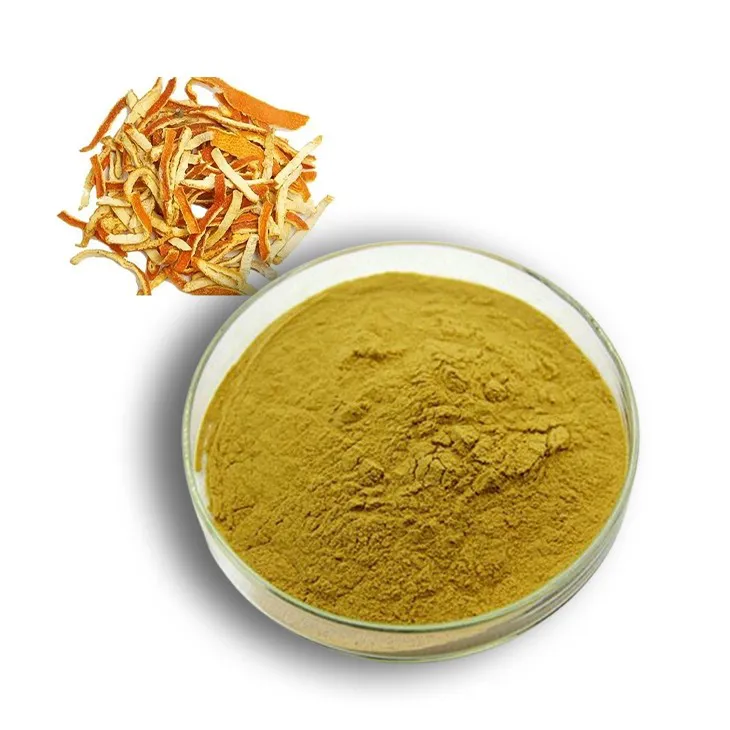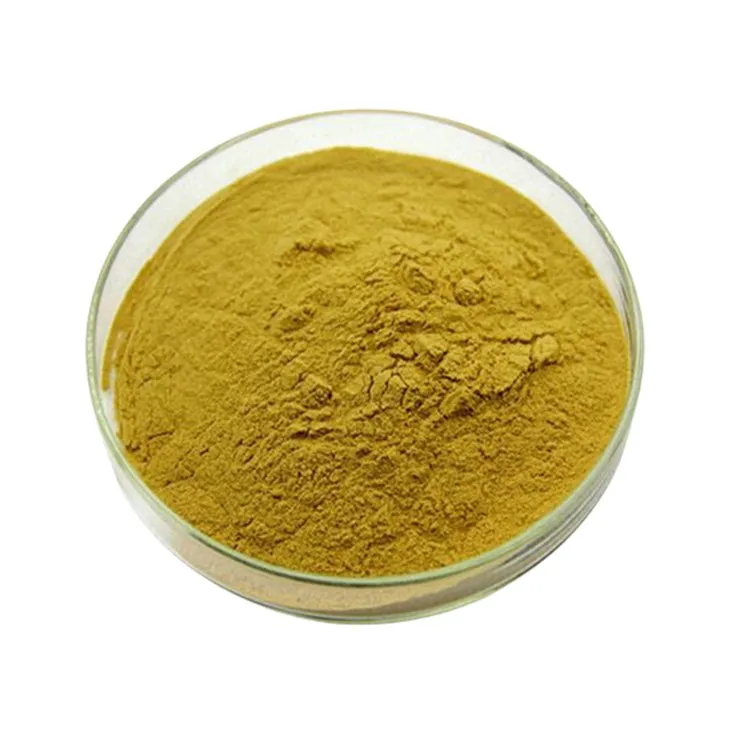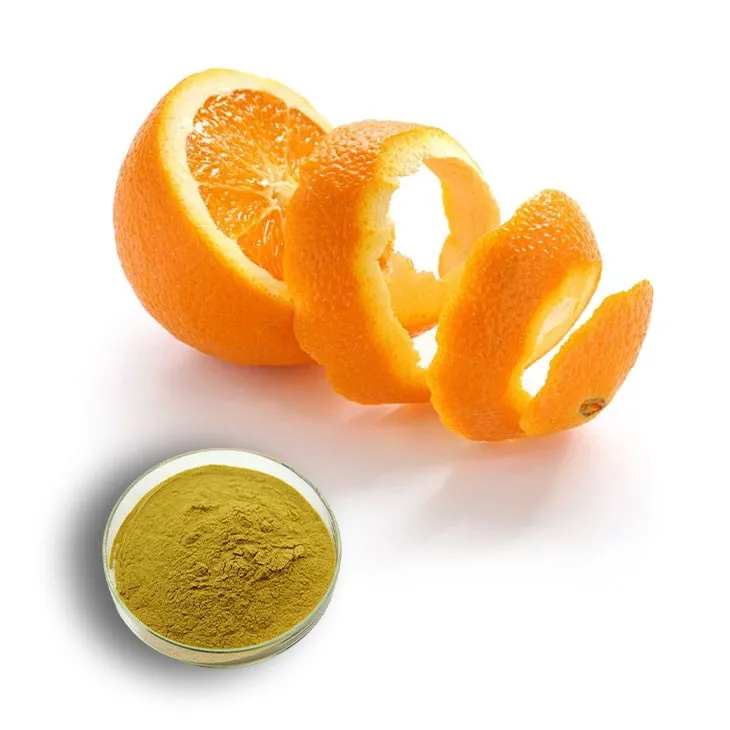- 0086-571-85302990
- sales@greenskybio.com
What is leaf extract good for?
2025-05-18

As people increasingly turn to natural remedies for health and wellness, the focus on plant-based extracts has intensified. Leaf extracts, derived from various medicinal plants, are among the most potent and versatile natural products available, boasting a range of therapeutic benefits. This article delves into the diverse applications and benefits of leaf extracts, highlighting the science behind their efficacy and their potential in promoting health and well-being.
Understanding Leaf Extracts
Leaf extracts are concentrations of active compounds obtained from the leaves of medicinal plants. These extracts are typically procured through methods such as solvent extraction, steam distillation, or cold pressing. The extraction process concentrates beneficial constituents like alkaloids, flavonoids, tannins, glycosides, and other phytochemicals responsible for the therapeutic effects of the plant. Leaf extracts have been used traditionally in numerous cultures as remedies for various ailments, and modern research continues to validate their effectiveness in health management.

Popular Types of Leaf Extracts and Their Benefits
1. Green Tea Extract:
Green tea leaf extract is one of the most studied and widely used extracts, celebrated for its potent antioxidant properties. Rich in polyphenols, particularly catechins like epigallocatechin gallate (EGCG), Green Tea Extract helps combat oxidative stress, which is implicated in aging and the development of chronic diseases.
Benefits:
- Supports cardiovascular health by improving blood flow and reducing cholesterol.
- Aids weight management through enhanced metabolism and fat oxidation.
- Exhibits neuroprotective properties, potentially lowering the risk of neurodegenerative disorders such as Alzheimer’s disease.
- Provides anti-inflammatory and anticancer benefits, reducing tumor growth and progression.
2. Olive Leaf Extract:
Derived from the leaves of the olive tree, olive leaf extract is renowned for its high concentration of oleuropein, a compound with strong antioxidant and anti-inflammatory properties.
Benefits:
- Promotes heart health by lowering blood pressure and cholesterol levels.
- Exhibits antimicrobial effects, helping to fight off bacterial and viral infections.
- Supports joint health by reducing inflammation and providing relief from conditions like arthritis.
- Enhances immune function, boosting the body’s natural defense mechanisms.
3. Neem Leaf Extract:
Neem leaf extract is a cornerstone of Ayurvedic medicine, valued for its diverse therapeutic properties due to compounds such as azadirachtin and nimbin.
Benefits:
- Demonstrates powerful antibacterial and antifungal activity, helpful in treating skin infections and promoting wound healing.
- Supports oral health by preventing gum disease and reducing plaque formation.
- Offers antiparasitic properties, traditionally used to manage conditions like malaria.
- Acts as an anti-inflammatory agent, soothing chronic inflammation and associated conditions.
4. Peppermint Leaf Extract:
Peppermint is widely recognized for its distinct aroma and flavor, but its leaf extract has numerous health applications attributed to menthol and other volatile oils.
Benefits:
- Supports digestive health by easing symptoms of indigestion, bloating, and irritable bowel syndrome (IBS).
- Provides relief from headaches when applied topically or inhaled.
- Enhances respiratory health, alleviating symptoms of congestion and inflammation in the airways.
- Acts as a natural pain reliever, offering relief for sore muscles and headaches.
5. Nettle leaf extract:
Nettle leaf extract has gained popularity for its nutritional and medicinal benefits, packed with vitamins, minerals, and amino acids.
Benefits:
- Supports joint health by reducing inflammation and providing relief from pain and stiffness.
- Acts as a diuretic, promoting kidney health by aiding in fluid balance and toxin elimination.
- Enhances hair and skin health, providing essential nutrients that support growth and repair.
- May aid in managing blood sugar levels and improving metabolic health.

Applications of Leaf Extracts
1. Dietary Supplements: Many leaf extracts are available as capsules or powders, giving consumers an easy way to incorporate their benefits into daily routines.
2. Topical Applications: Leaf extracts are often included in creams, ointments, and skincare products for their anti-inflammatory, antimicrobial, and antioxidant effects, enhancing skin health and beauty.
3. Aromatic Uses: Essential oils derived from leaf extracts are popular in aromatherapy due to their soothing and invigorating properties, promoting relaxation and stress relief.
4. Culinary Uses: Some leaf extracts are used to enrich foods and beverages with flavor and added health benefits, such as peppermint extract in teas or nettle in soups.

Safety and Considerations
While leaf extracts offer significant health benefits, it is crucial to use them responsibly. Consumers should:
- Consult a healthcare professional before starting any new supplement, especially if they have existing health conditions or are taking medications.
- Purchase extracts from reputable sources to ensure purity and effectiveness.
- Be aware of potential allergies or sensitivities and monitor any adverse reactions when using new extracts.

Conclusion
Leaf extracts provide a natural, effective means to support health and wellness, tapping into the powerful bioactive compounds found in nature. From antioxidant protection to antimicrobial defenses, these extracts demonstrate remarkable versatility and efficacy. As research continues to explore the depth of their benefits, leaf extracts remain a valuable tool in a holistic approach to health. Embracing the power of nature, individuals can incorporate leaf extracts into their lifestyles to enhance well-being and promote longevity.
- ▶ Hesperidin
- ▶ Citrus Bioflavonoids
- ▶ Plant Extract
- ▶ lycopene
- ▶ Diosmin
- ▶ Grape seed extract
- ▶ Sea buckthorn Juice Powder
- ▶ Fruit Juice Powder
- ▶ Hops Extract
- ▶ Artichoke Extract
- ▶ Mushroom extract
- ▶ Astaxanthin
- ▶ Green Tea Extract
- ▶ Curcumin
- ▶ Horse Chestnut Extract
- ▶ Other Product
- ▶ Boswellia Serrata Extract
- ▶ Resveratrol
- ▶ Marigold Extract
- ▶ Grape Leaf Extract
- ▶ New Product
- ▶ Aminolevulinic acid
- ▶ Cranberry Extract
- ▶ Red Yeast Rice
- ▶ Red Wine Extract
-
Sugarcane Extract
2025-05-18
-
Mulberry Extract
2025-05-18
-
Motherwort Extract
2025-05-18
-
Tormentil Extract
2025-05-18
-
Horse Chestnut Extract
2025-05-18
-
Alisma Extract
2025-05-18
-
Pomegranate Extract
2025-05-18
-
Agaricus Blazei Extract
2025-05-18
-
Shikone Extract
2025-05-18
-
Ginseng Root Extract
2025-05-18





















